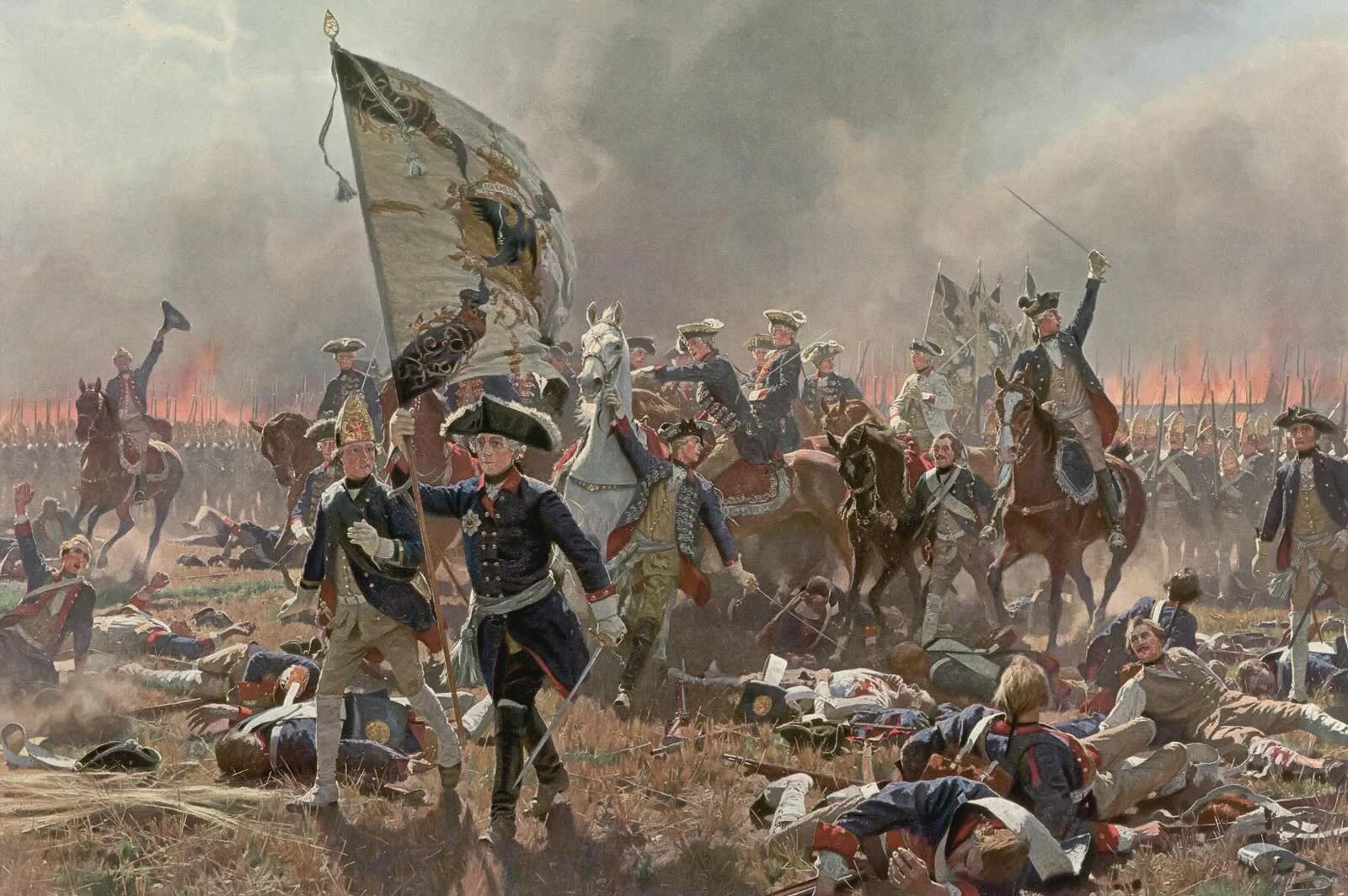
The Seven Years' War was a global conflict that spanned from 1756 to 1763, involving most of the great powers of the time. Often considered the first "world war," it saw battles in Europe, North America, Central America, West Africa, India, and the Philippines. Why did it start? The war began due to ongoing territorial disputes between major European powers, particularly Britain and France. Who were the key players? Major participants included Britain, France, Spain, Prussia, Austria, and Russia. What were the outcomes? The war significantly altered the balance of power, leading to British dominance in North America and India. Why is it important? Understanding this war helps explain the geopolitical landscape of the 18th century and its lasting impact on modern history.
The Seven Years' War: A Global Conflict
The Seven Years' War, fought between 1756 and 1763, was a global conflict that involved most of the great powers of the time. It spanned five continents, making it one of the first true world wars. Let's dive into some fascinating facts about this significant historical event.
- The war began in 1756 and ended in 1763, lasting exactly seven years.
- It involved major powers like Britain, France, Spain, Prussia, Austria, and Russia.
- The conflict is often considered the first "world war" due to its global scale.
- The war's primary theaters were Europe, North America, Central America, West Africa, India, and the Philippines.
Key Players and Alliances
Understanding the alliances and key players helps grasp the complexity of the Seven Years' War. Nations formed strategic partnerships to gain advantages on various fronts.
- Britain and Prussia formed one of the main alliances.
- France, Austria, and Russia opposed them, creating a powerful coalition.
- Spain later joined the war on the side of France.
- Sweden also participated, aligning with France and Austria.
Major Battles and Campaigns
The war saw numerous significant battles and campaigns that shaped its outcome. These engagements were fought on land and sea, showcasing the military prowess of the involved nations.
- The Battle of Plassey in 1757 was a decisive victory for the British East India Company in India.
- The Battle of Rossbach in 1757 saw Frederick the Great of Prussia defeat a larger French-Austrian force.
- The Battle of Quebec in 1759 was a pivotal moment in North America, leading to British control over Canada.
- The naval Battle of Quiberon Bay in 1759 crippled the French fleet, securing British naval dominance.
Impact on North America
The Seven Years' War had a profound impact on North America, reshaping the continent's political landscape and setting the stage for future conflicts.
- The war is known as the French and Indian War in North America.
- British victory led to the Treaty of Paris in 1763, which ceded French territories in Canada to Britain.
- Spain gained control of Louisiana from France as compensation for losing Florida to Britain.
- The war's expenses contributed to Britain's decision to tax American colonies, eventually leading to the American Revolution.
Economic and Social Consequences
The war's aftermath brought significant economic and social changes to the involved nations. The financial strain and territorial shifts had lasting effects.
- The war left Britain with a massive debt, prompting new taxes on its colonies.
- France's financial troubles from the war contributed to the French Revolution.
- The war disrupted trade routes, affecting economies worldwide.
- The conflict led to increased military innovations and tactics.
Treaties and Agreements
The Seven Years' War concluded with several treaties and agreements that redrew the map of the world. These documents formalized the war's outcomes and territorial changes.
- The Treaty of Paris (1763) ended the war between Britain and France.
- The Treaty of Hubertusburg (1763) ended the conflict between Prussia and Austria.
- The treaties resulted in significant territorial exchanges, particularly in North America and India.
- The war's end marked the beginning of British dominance in India.
Cultural and Historical Legacy
The Seven Years' War left a lasting legacy on world history and culture. Its influence can be seen in various aspects of modern society.
- The war inspired numerous works of literature and art, reflecting its impact on society.
- It highlighted the importance of naval power in global conflicts.
- The war set the stage for future global conflicts, influencing military strategies and alliances.
The Seven Years' War was a complex and far-reaching conflict that reshaped the world in many ways. Its legacy continues to influence modern geopolitics and historical understanding.
The Lasting Impact of the Seven Years' War
The Seven Years' War reshaped the world in ways still felt today. It wasn't just a clash of armies but a battle that redrew borders, altered economies, and shifted power balances. This war set the stage for future conflicts and revolutions, influencing the American and French Revolutions. The war's outcome also marked the rise of British dominance and the decline of French influence in North America and India.
Understanding this war helps us grasp the roots of modern geopolitics. The alliances, strategies, and outcomes from this period echo in today's global relations. The Seven Years' War wasn't just a historical event; it was a turning point that molded the modern world. By studying it, we gain insights into the complexities of international politics and the enduring consequences of conflict.
Was this page helpful?
Our commitment to delivering trustworthy and engaging content is at the heart of what we do. Each fact on our site is contributed by real users like you, bringing a wealth of diverse insights and information. To ensure the highest standards of accuracy and reliability, our dedicated editors meticulously review each submission. This process guarantees that the facts we share are not only fascinating but also credible. Trust in our commitment to quality and authenticity as you explore and learn with us.
